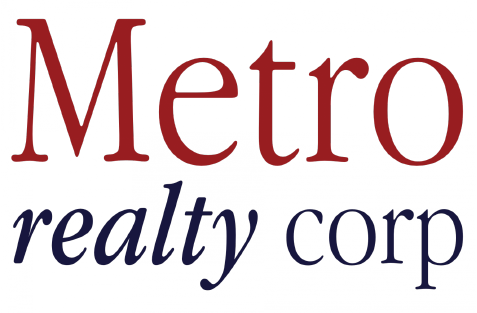Boston Real Estate: Single vs. Multi-Unit Investment Guide

ADAM UMINA
LICENSE BROKER #9569629Adam grew up in Newton MA, attending Newton South High School before earning a B.S...
LICENSE BROKER #9569629Adam grew up in Newton MA, attending Newton South High School before earning a B.S...
Embarking on the real estate investment journey in Boston brings its unique set of decisions, particularly when it comes to selecting between single-family homes or multi-unit properties. Both avenues boast distinct advantages and challenges influenced by personal investment objectives, available resources, and willingness to embrace risk. Within the vibrant and historic context of Boston, let's dissect the nuances of each option to arm you with the knowledge needed for a prudent investment choice.
Single-Family Homes: The Boston Perspective
In the realm of real estate investment, single-family homes are often heralded for their straightforward appeal. Renowned for their financial accessibility and simpler management dynamics, they serve as a cornerstone for both rookie and veteran investors. Here's the breakdown in the context of Boston:
Pros:
- Easier to Finance: The path to securing conventional loans for single-family homes is generally smoother, with more attractive terms and lower down payment requisites, especially in Boston's competitive market.
- Simpler Management: Managing a single tenant reduces complexity and time investment, an invaluable perk for those looking to ease into property investment.
- Longer-Term Tenants: The trend of tenants in single-family homes establishing longer residencies remains true in Boston, fostering stability and lower turnover expenses.
- Appreciation Potential: In a city steeped in history and constant evolution like Boston, single-family homes have a strong potential for value appreciation.
- Easier Resale: The diverse and ever-growing Boston housing market ensures a broader pool of potential buyers.
Cons:
- Vacancy Risk: An unoccupied property equates to a total halt in rental income, a risk that requires consideration.
- Limited Income Potential: Rental income is confined to one source, presenting a ceiling to earning potential.
- Higher Per-Unit Acquisition Costs: The cost-intensive nature of Boston's real estate market means acquiring multiple single-family homes could be more pricy than a single multi-unit property with equivalent living spaces.
Multi-Unit Properties: Boston's Growth Leverage
For investors aiming to scale their portfolio, multi-unit properties like duplexes, triplexes, or small apartment blocks present an intriguing proposition, particularly in Boston's densely populated areas. Let's explore the advantages and considerations:
Pros:
- Higher Income Potential: Multiple rental units translate to multiple income streams, amplifying your earning capacity.
- Reduced Vacancy Risk: With more units at your disposal, the financial blow from vacancies is cushioned, a significant factor in Boston's dynamic rental market.
- Economies of Scale: Managing and maintaining multiple units in a single location can streamline operational costs.
- Forced Appreciation: There's room to boost property value through strategic renovations or management enhancements, especially in up-and-coming Boston neighborhoods.
Cons:
- More Complex Management: The complexity of juggling multiple tenants and maintenance issues scales with the number of units.
- Higher Initial Investment: Generally, entering the multi-unit property market demands a hefty upfront financial commitment, notable in Boston's high-stakes real estate scene.
- Financing Challenges: Acquiring financing for properties with over five units shifts into the commercial loan territory, accompanied by stricter terms.
- Potentially Lower Appreciation: Depending on location and market trends, multi-unit properties in Boston may not experience as rapid value appreciation as single-family homes.
Deciding in the Boston Market
When navigating the choice between single-family and multi-unit properties in Boston, consider aligning your decision with your investment goals, capital availability, appetite for management responsibilities, and tolerance for risk. Investigate local demand nuances for both property types, keeping an eye on unique opportunities that the Boston market presents.
Creative Investment Tactics
In a city as eclectic and historically rich as Boston, adopting innovative strategies can unlock remarkable investment opportunities:
- House Hacking: Dip your toes into the real estate investment waters by occupying one unit of a multi-unit property while renting out the rest.
- Vacation Rentals: Leverage Boston's tourism appeal by transforming a single-family home into a high-demand short-term rental.
- Value-Add Opportunities: Scout for multi-unit properties ripe for value enhancement through strategic upgrades or more efficient management.
- Mixed-Use Properties: Explore properties that blend residential and commercial units for a diversified income approach, taking advantage of Boston's varied neighborhoods.
- Conversion Potential: Keep an eye on single-family homes that could be legally and feasibly converted into multi-unit rentals, adhering to local zoning regulations.
Real estate investment in Boston is not merely about choosing a property type but identifying the right opportunity that resonates with your objectives, capabilities, and financial strategy. Whether the straightforward allure of single-family homes calls to you, or the income amplifying allure of multi-unit properties seems enticing, grounding your venture in comprehensive research and strategic planning will pave the way to success. Here's to your prosperous investment journey in Boston.
Thinking about selling your home?
Get in touch. We'll guide you through every step of the process to ensure a smooth transaction that meets your goals.



